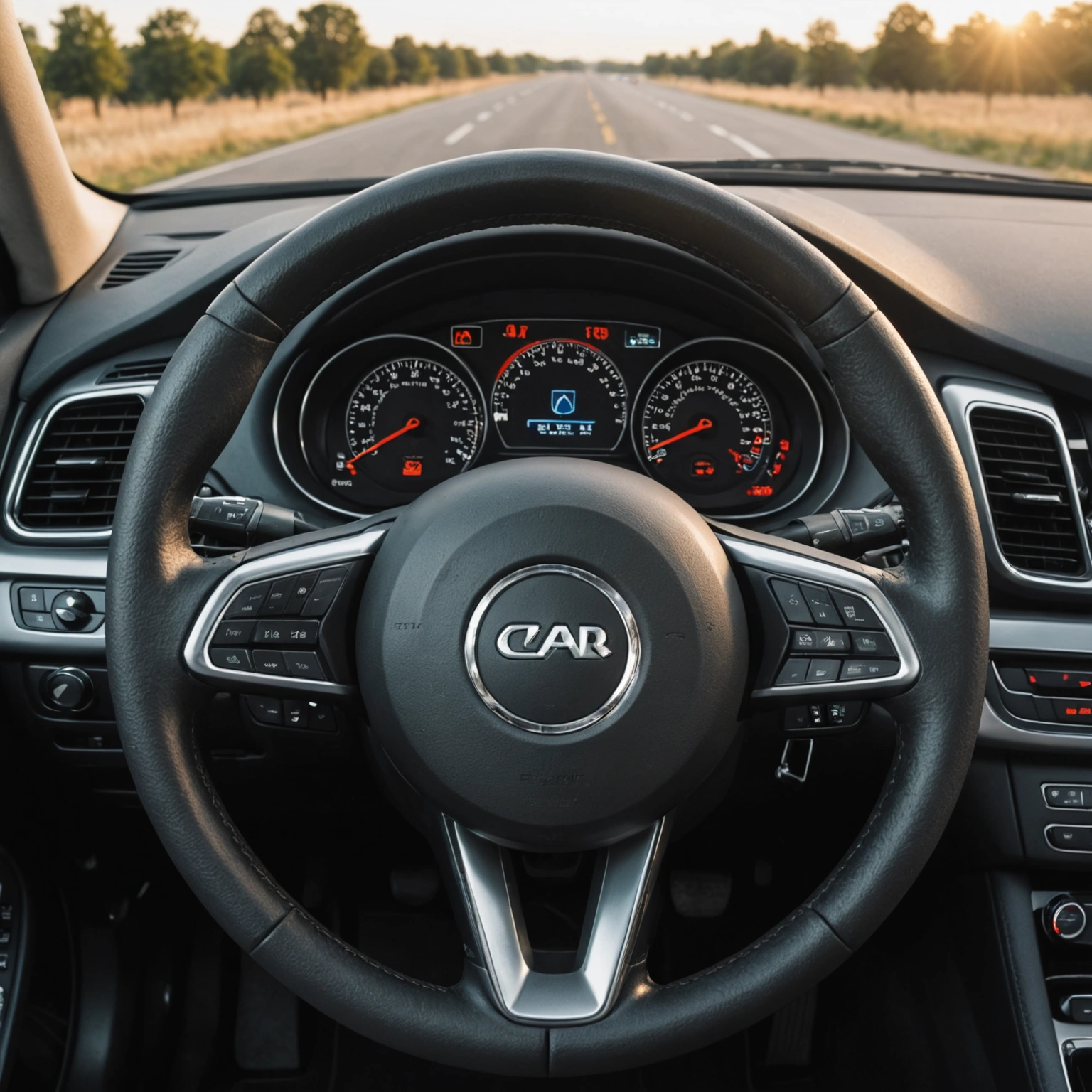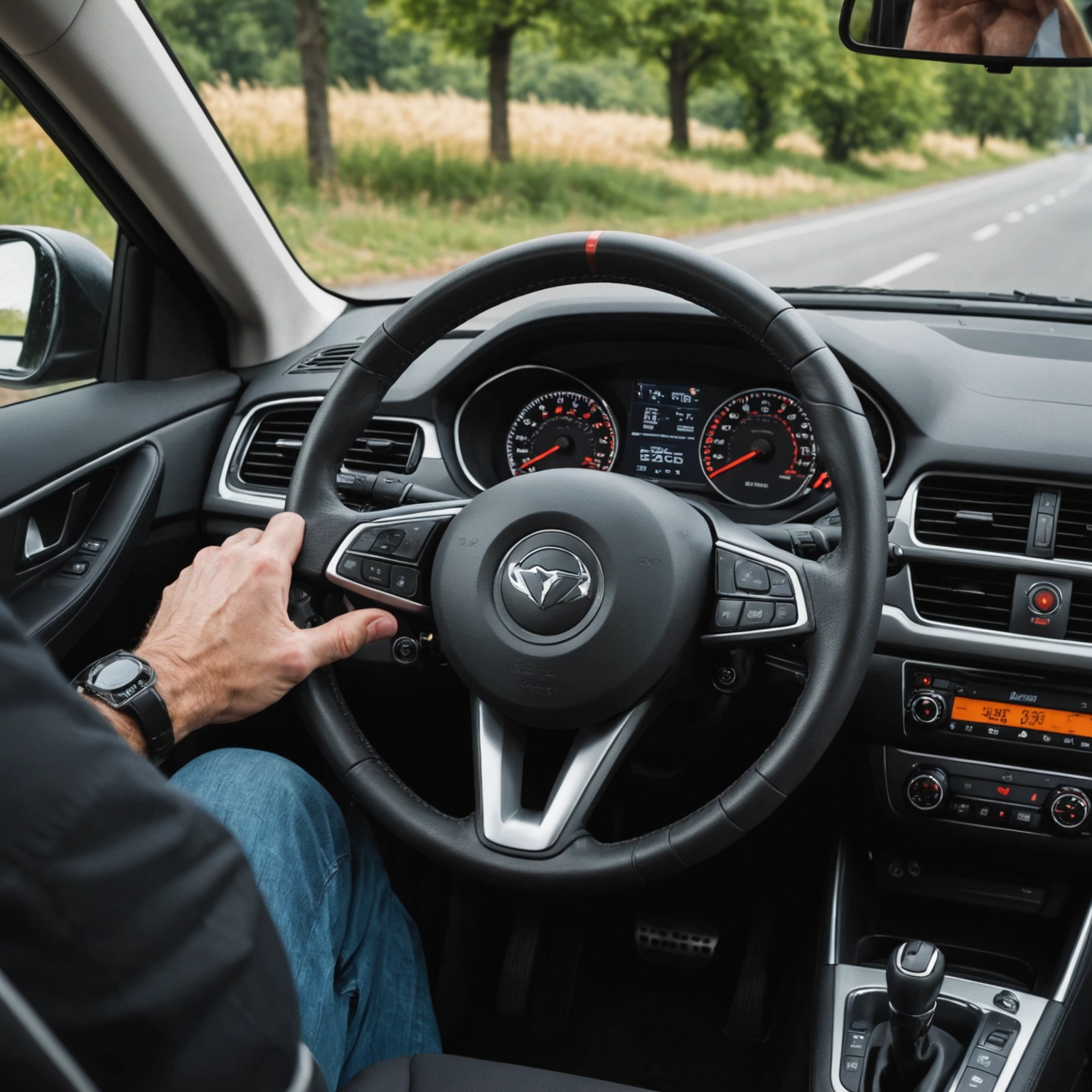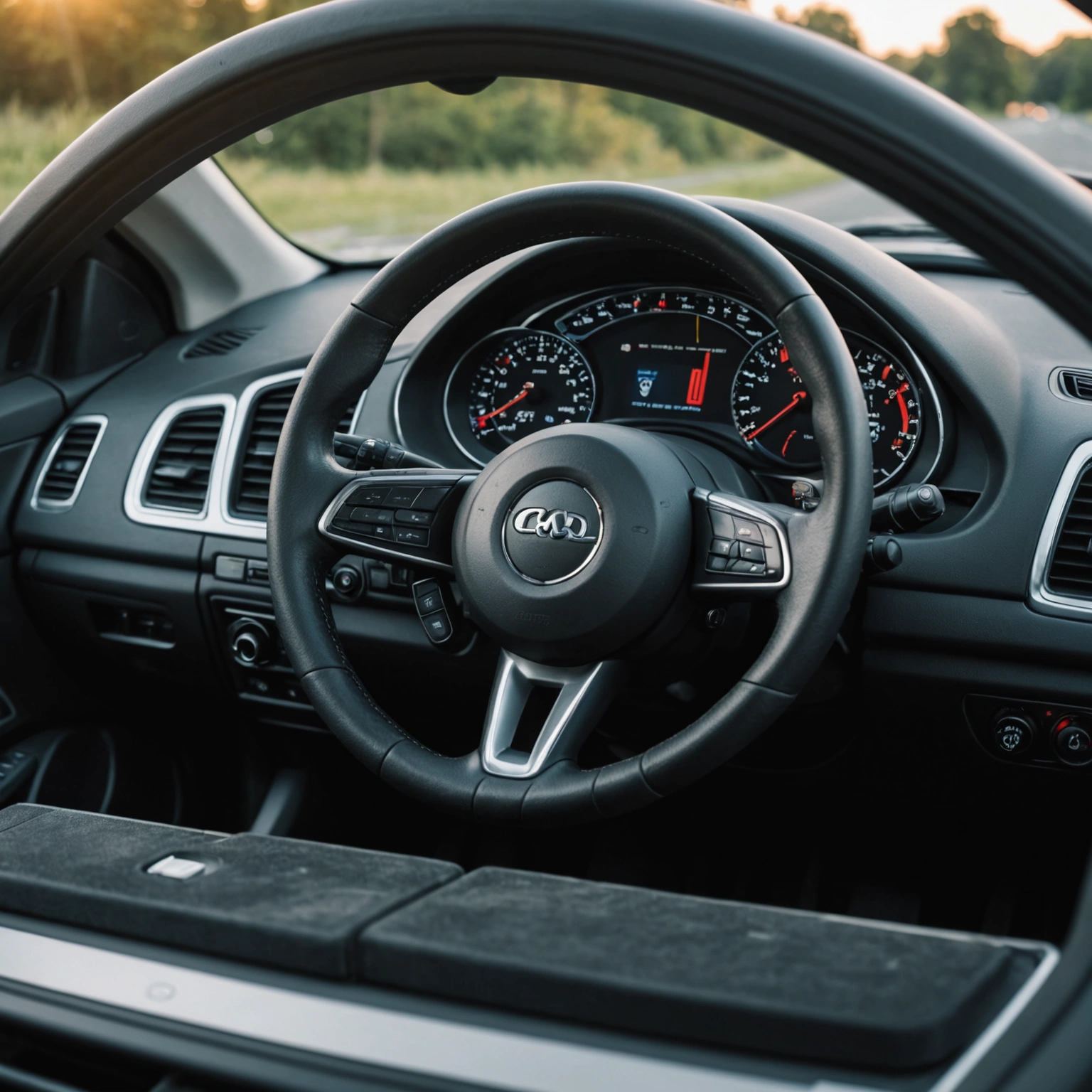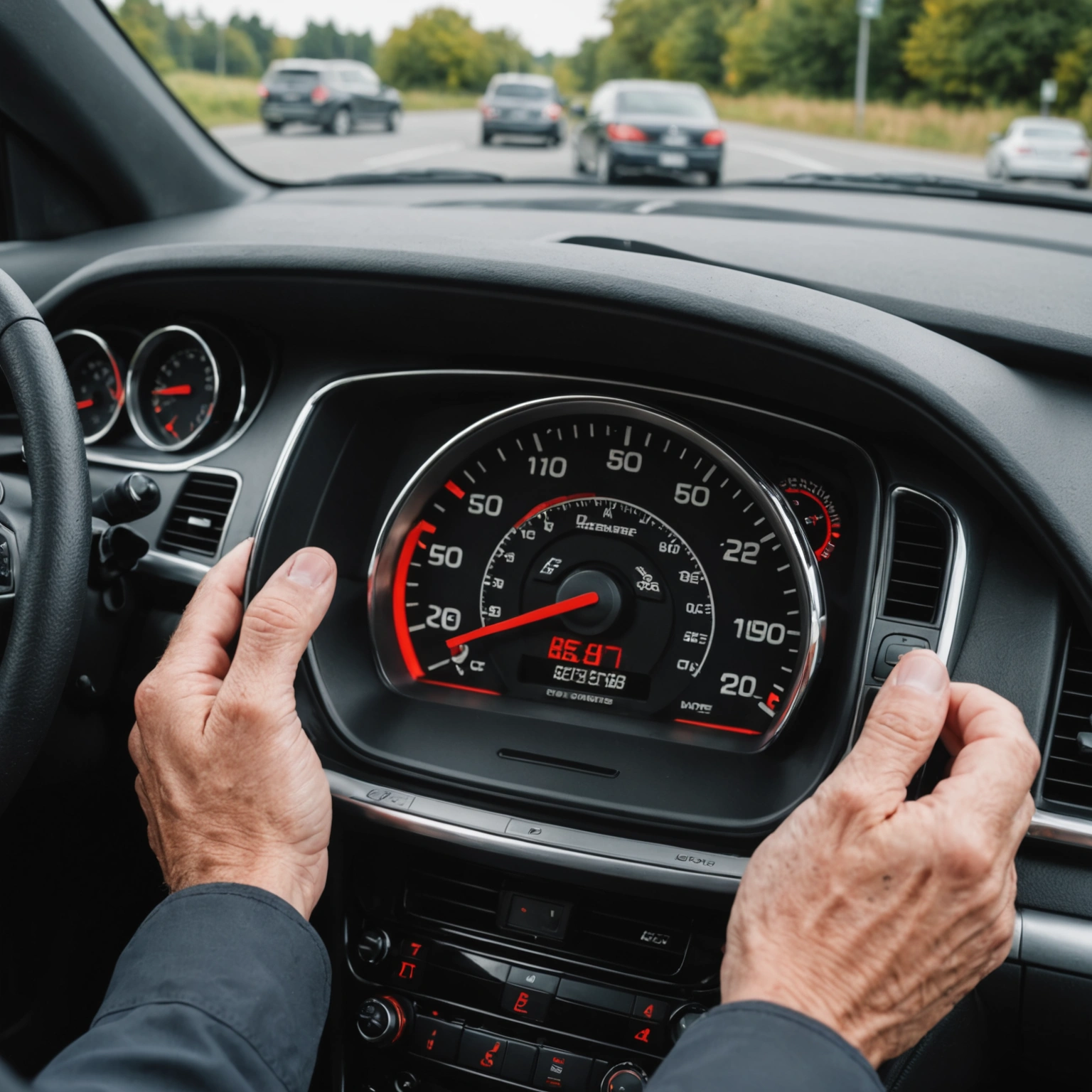**Why Does My Car Take So Long to Warm Up? Understanding the Causes**
If you’ve noticed that your car takes longer than usual to heat up, you’re not alone. Many drivers experience extended warm-up times, especially during cold weather. Understanding why this happens can help you troubleshoot the issue and ensure your vehicle remains comfortable and operating efficiently.

### Common Reasons Why Your Car Takes Longer to Heat Up
#### 1. **Cold Weather Conditions**

One of the most significant factors affecting your car’s warm-up time is ambient temperature. In colder climates or during winter months, the engine and coolant are colder, so it naturally takes longer for the heating system to produce warm air. The engine needs to reach its optimal operating temperature before the heater can effectively warm the interior.
#### 2. **Engine Coolant Temperature**

The heating system relies on hot engine coolant circulating through the heater core. If your engine is still cold, the coolant hasn’t reached the necessary temperature to transfer heat effectively. This results in a delayed warm-up period for the cabin.
#### 3. **Thermostat Issues**

A malfunctioning thermostat can cause the engine to take longer to warm up or prevent it from reaching the proper operating temperature altogether. A stuck-open thermostat, for example, keeps coolant flowing too freely, preventing the engine from warming up quickly.
#### 4. **Low Coolant Levels or Poor Coolant Quality**
Insufficient or degraded coolant reduces the efficiency of heat transfer. Make sure your coolant levels are adequate and that the coolant is in good condition. An improper coolant mixture can also impact heater performance.
#### 5. **Problems with the Heater Core**
The heater core acts as a small radiator that transfers heat from the engine coolant to the air blown into the cabin. If the heater core is clogged, leaking, or malfunctioning, it can impede heat transfer, leading to slow or inadequate cabin warming.
#### 6. **Faulty Thermostat or Temperature Sensor**
If the thermostat or engine temperature sensor is malfunctioning, the vehicle’s computer may not recognize that the engine is warm enough, delaying the activation of the heating system.
#### 7. **Air in the Cooling System**
Trapped air pockets can disrupt coolant flow and reduce heat transfer. Bleeding the cooling system to remove air can help improve heating performance.
#### 8. **HVAC System Malfunction**
Issues with the vehicle’s heating, ventilation, and air conditioning (HVAC) controls or components—like the blend door actuator—can prevent warm air from reaching the cabin, even if the engine is warm.
### Tips to Improve Heating Efficiency and Reduce Warm-Up Time
– **Check Coolant Levels:** Regularly inspect and top off coolant as needed.
– **Use the Correct Coolant Mixture:** Ensure you’re using the recommended coolant type and mixture ratio.
– **Inspect the Thermostat:** Have a mechanic check if the thermostat is functioning properly.
– **Flush the Cooling System:** Periodic flushing can remove debris and prevent blockages in the heater core.
– **Address HVAC Issues Promptly:** If your system isn’t blowing warm air, have it diagnosed and repaired promptly.
### Final Thoughts
A longer warm-up time is often normal during cold weather, but persistent delays could indicate underlying issues worth addressing. Regular maintenance of your cooling and heating systems not only improves comfort but also helps maintain your engine’s efficiency and longevity.
If your car continues to take unusually long to heat up despite these tips, it’s advisable to consult a professional mechanic. Proper diagnosis and repair can ensure your vehicle keeps you warm and comfortable, no matter the weather.
—
**Stay warm and drive safely!**

